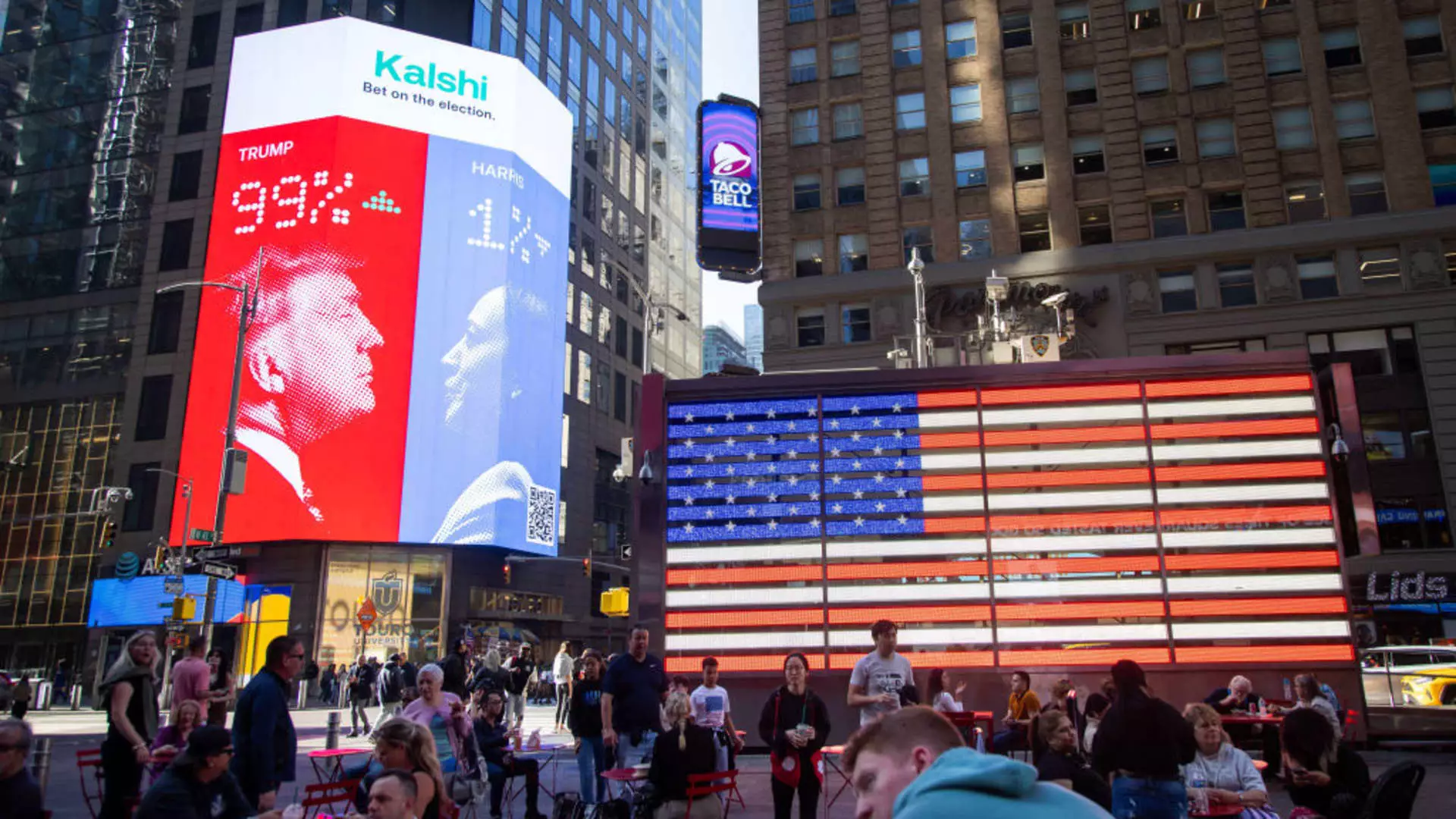As the financial landscape reacts to the election of President-elect Donald Trump, analysts are scrutinizing potential implications for the stock market. Renowned finance professor Jeremy Siegel from the Wharton School asserts that Trump could bring unprecedented support for equity markets due to his strongly pro-business stance. This sentiment reflects a shift in investor confidence, as the market appears to respond positively to the prospect of Trump’s economic agenda.
Post-Election Market Surge
Following Trump’s surprising electoral victory, the stock market has demonstrated remarkable resilience and growth. With the S&P 500 climbing significantly—reportedly soaring by 4.66%—investors are banking on Trump’s promises of expansive tax cuts and deregulation. This upward trajectory has set the S&P 500 above the 6,000 mark for the first time, while the Dow Jones Industrial Average breached the 44,000 threshold. Such milestones indicate a strong bullish sentiment, with traders eager to capitalize on the anticipated boom in corporate earnings.
In addition to the general market uptrend, specific sectors are experiencing surges that warrant attention. Tesla, for instance, witnessed an extraordinary 29% increase in share prices, elevating its market capitalization back to $1 trillion. The automotive sector, particularly companies closely aligned with Trump’s policies, appears to benefit the most. Major banking institutions like JPMorgan Chase and Wells Fargo have also seen significant rallies, reflecting investor optimism regarding a favorable regulatory environment. Conversely, there are concerns about the implications of Trump’s proposed trade tariffs, which could disrupt certain sectors, particularly those reliant on global supply chains.
The Case for Extended Tax Cuts
Siegel posits that Trump’s initial tax cuts from 2017 are likely to persist, providing further momentum for economic growth. The prospect of extending those cuts seems promising; however, the expansion of broader tax reforms presents a more complex challenge. The implications of sustained tax cuts could amplify corporate profitability, thus reinforcing market performance. Investors will be closely monitoring legislative developments to assess their impact on market conditions.
While the outlook is predominantly positive, Siegel raises critical concerns regarding Trump’s trade policies. The potential for steep tariffs could introduce inflationary pressures, complicating the Federal Reserve’s ongoing efforts to curtail rising prices through interest rate increases. The delicate balance between fostering economic growth and controlling inflation will be a pivotal concern for both the markets and policymakers in the coming months.
The market’s reaction to Trump’s presidency indicates a blend of optimism driven by pro-business policies and caution due to the potential ramifications of his trade agenda. As investors navigate this new terrain, the interplay between favorable corporate policies and the risks posed by inflationary pressures will shape the future landscape of the stock market. Whether Trump’s economic strategies culminate in sustained growth or bring about unintended consequences remains a critical question for market participants.

